The weirdest trade deals ever
Strange trade-offs
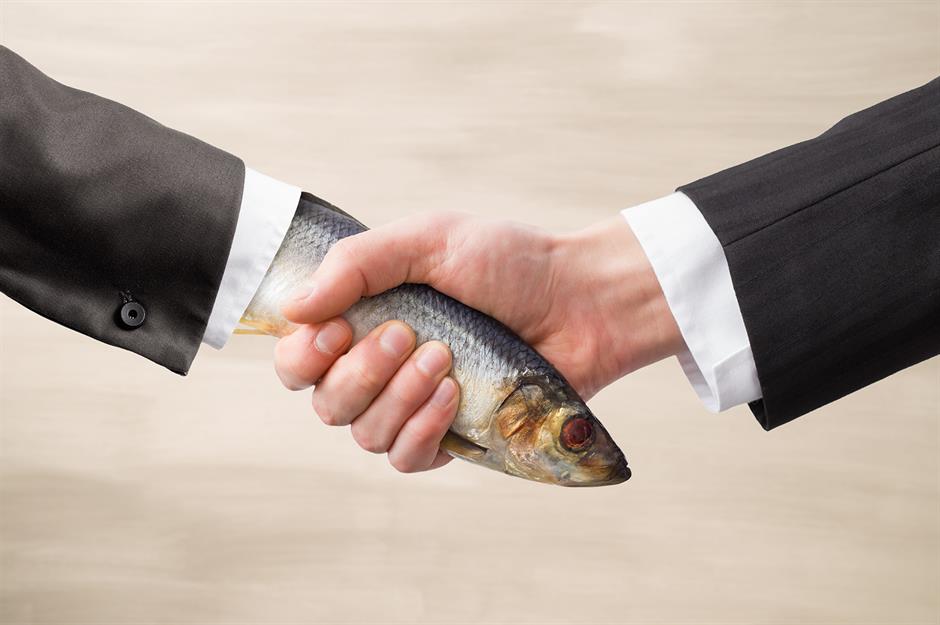
Pepsi for tomato paste, sticky rice for aircraft and mackerel for puffins are just some of the weirdest examples of barter, a system you may think died out centuries ago. The reality is barter has remained surprisingly prevalent for all sorts of reasons, from a way of getting around trade and currency embargoes to a means for countries and organisations lacking hard cash to acquire goods and services.
Join us as we look back over recent history and reveal some of the most peculiar countertrade deals that actually happened.
All dollar amounts in US dollars.
Canned ham for aircraft
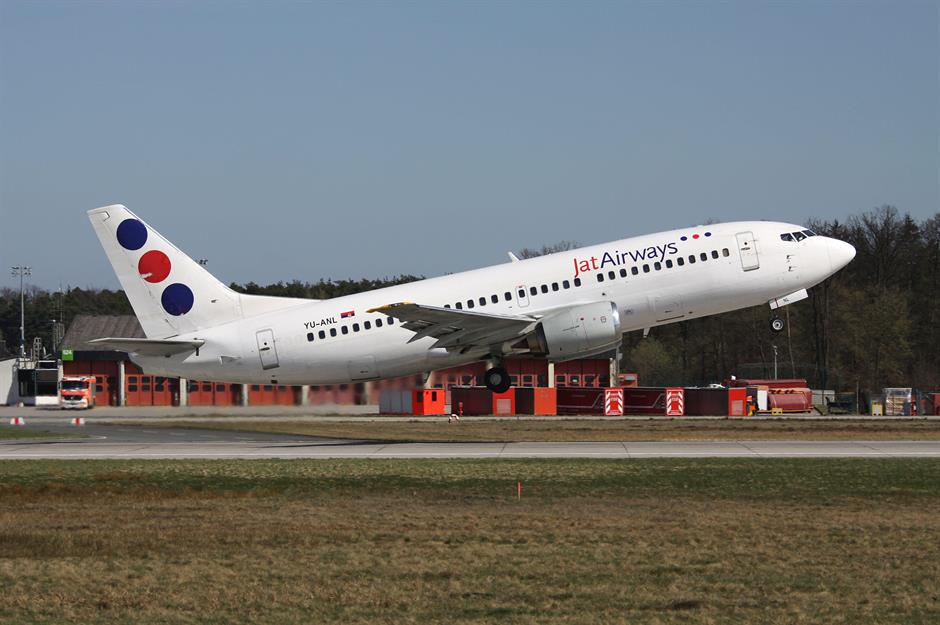
In the late 1960s US aircraft manufacturer McDonnell Douglas received substantial amounts of canned ham as part of a DC-9 deal it closed with Yugoslavia's official airline JAT. However, the meat products were impossible to shift, and the company resorted to giving the cans away to staff.
Cocoa beans for crude oil
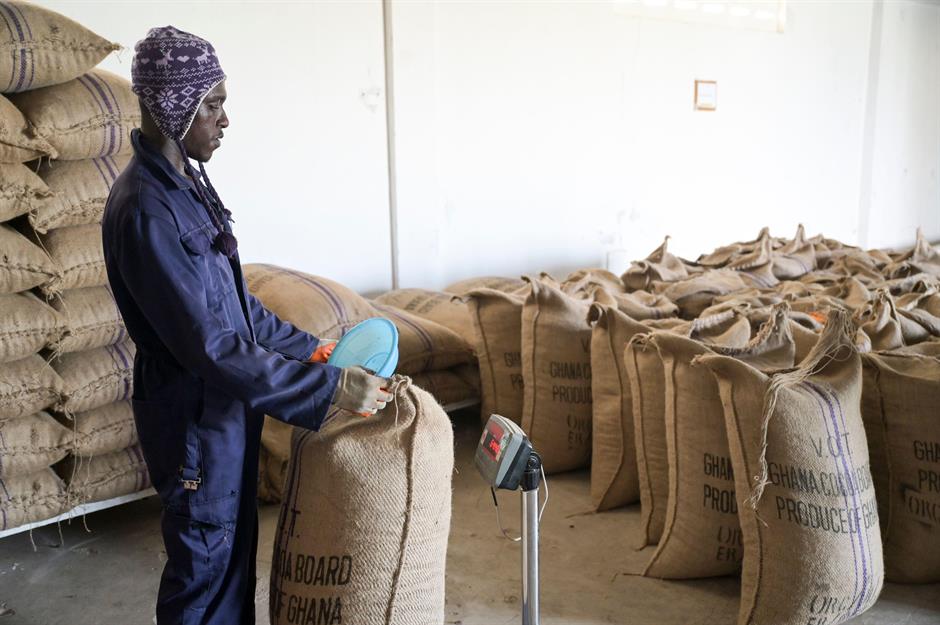
A scarcity of cash prompted newly independent Ghana to sign a sweet barter deal with the Soviet Union in 1960. At the time the West African country was the world's number one producer of cocoa beans, which it arranged to supply in great quantities to the USSR in exchange for copious amounts of crude oil.
Sponsored Content
Pepsi for Stolichnaya vodka
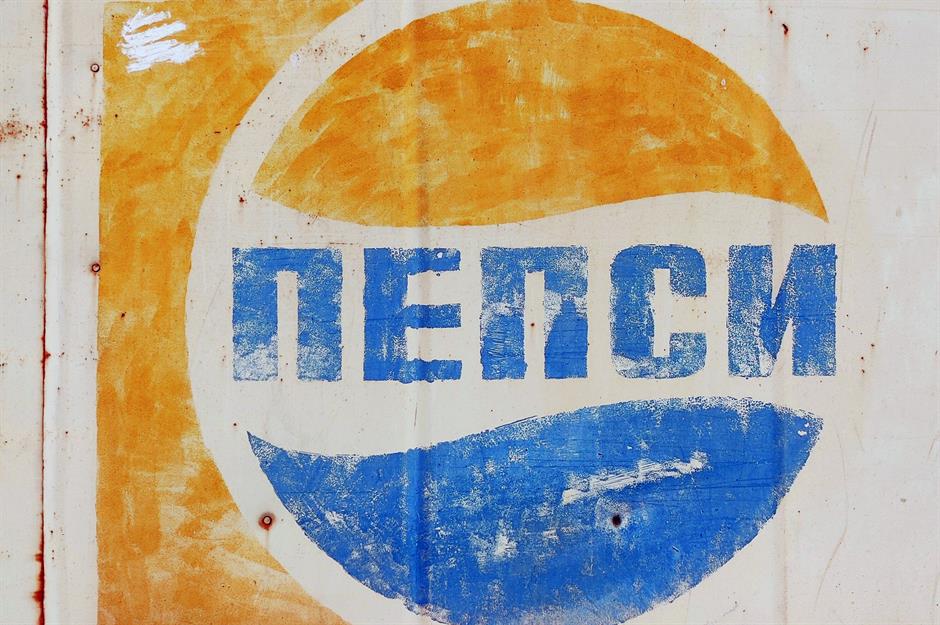
In 1974, Pepsi became the first Western brand to be produced in the Soviet Union thanks to a groundbreaking barter deal, which involved swapping the concentrate of the cola for Stolichnaya vodka – the rouble was subject to an embargo, so companies had to think creatively. In fact, PepsiCo was the sole Stoli distributor in the US until 2009 when the contract passed to William Grant & Sons.
Pepsi for tomato paste
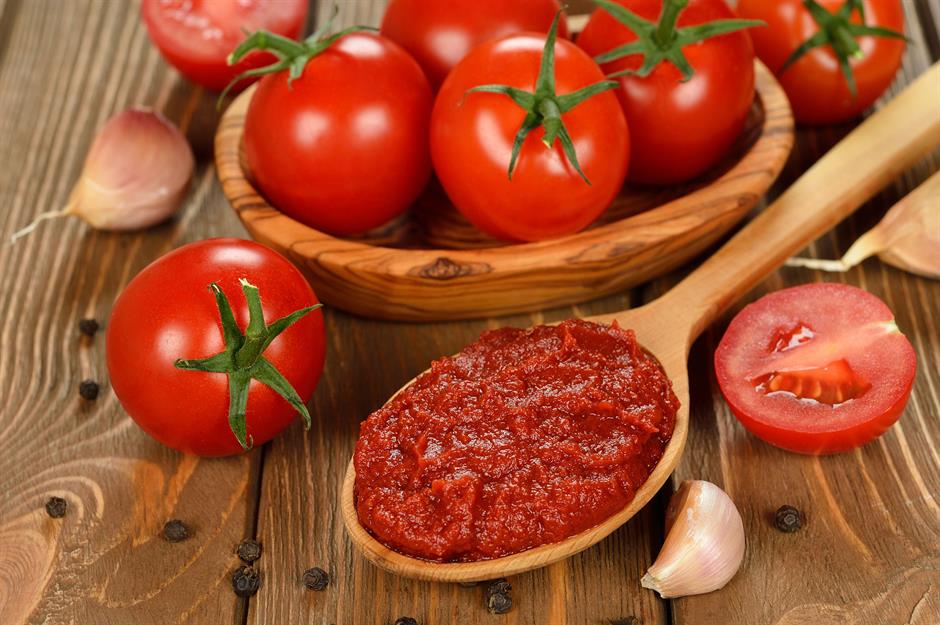
PepsiCo also traded the concentrate of its sugary drink for Soviet tomato paste as part of the arrangement, according to the BBC. Back in those days the food and drinks company owned Pizza Hut, and the puree was used on the chain's pizzas in Europe.
ABBA music for oil commodity rights
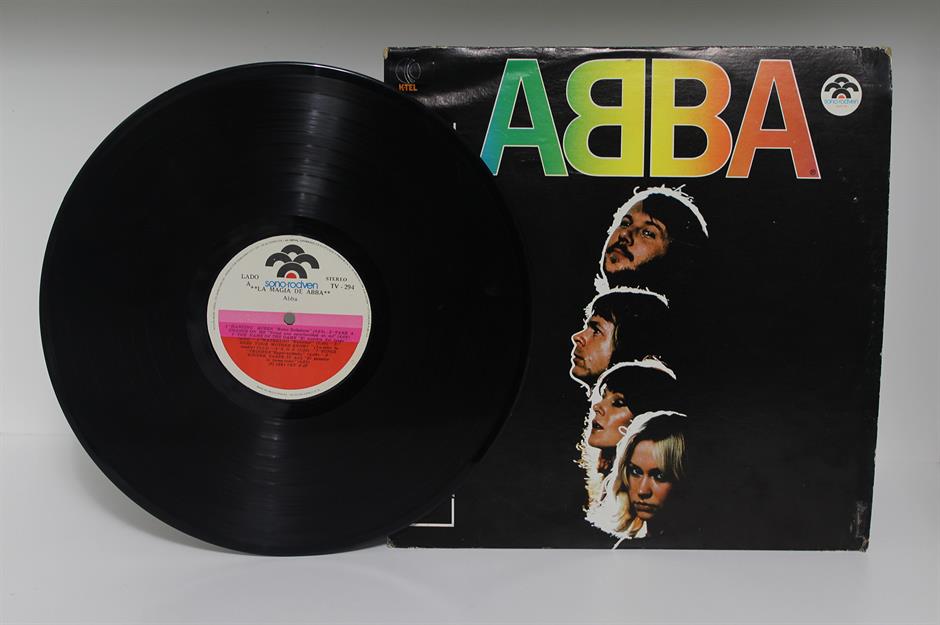
During the late 1970s, the management of ABBA shrewdly sidestepped restrictions surrounding the Russian rouble by setting up a plum deal with the Soviet Union. Instead of hard cash the Swedish pop group received royalties in the form of oil commodity rights, which proved to be very lucrative indeed.
Sponsored Content
Designer know-how for silk and cashmere
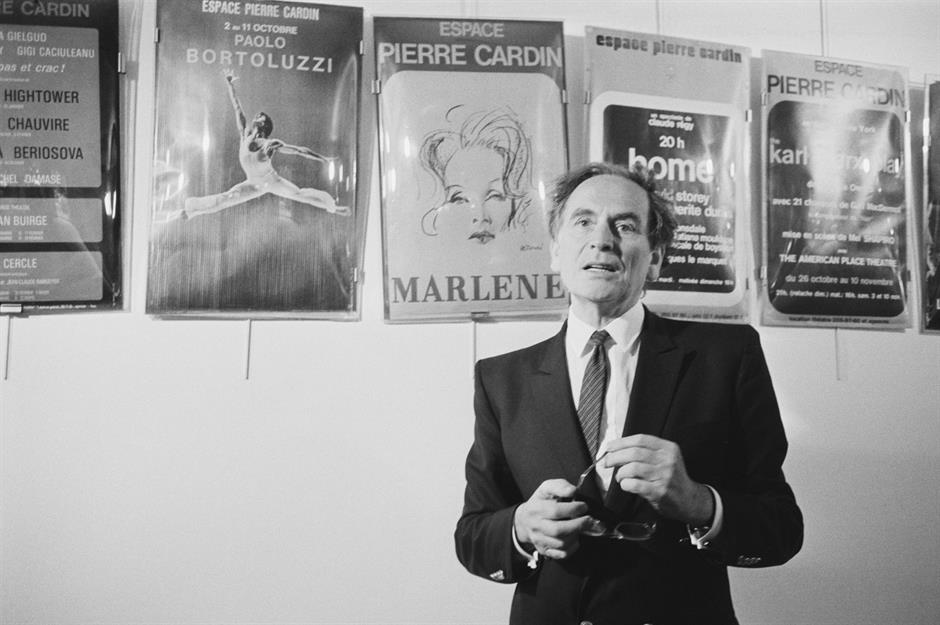
In 1979, Pierre Cardin sewed up a landmark deal with the Chinese government. In exchange for the French designer's expert advice, China agreed to sell his company's wares and pay royalties in high-quality silk and cashmere.
Computer for art reproduction rights
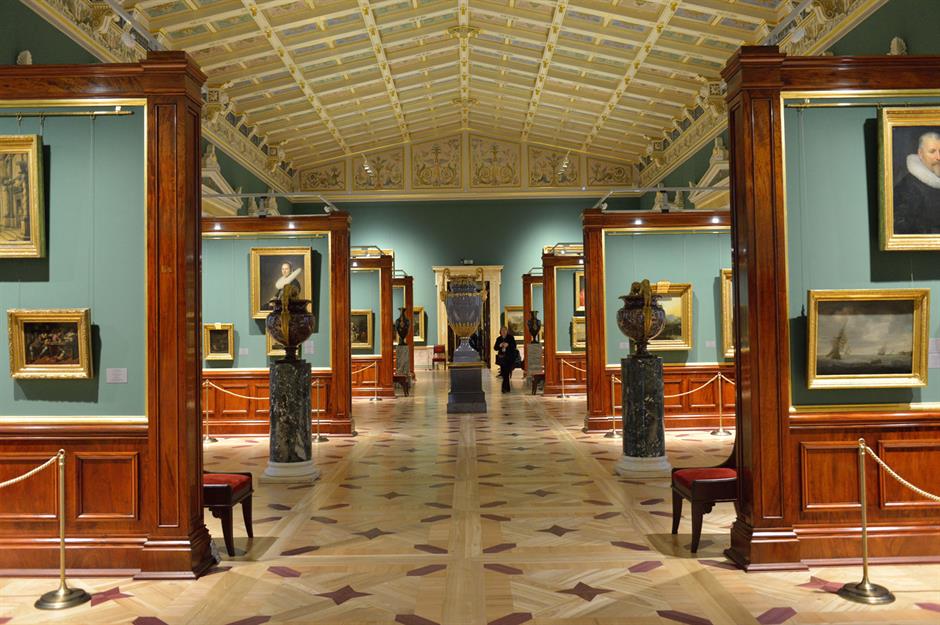
Also in 1979, US computer manufacturer Control Data provided the Hermitage Museum in Leningrad (now Saint Petersburg) with a $3 million machine, the equivalent of $13 million (£10.4m) in today's money. In lieu of a cash payment, the tech company was loaned several of the institution's masterpieces and granted exclusive rights to market reproductions of its artworks.
Lamb for oil
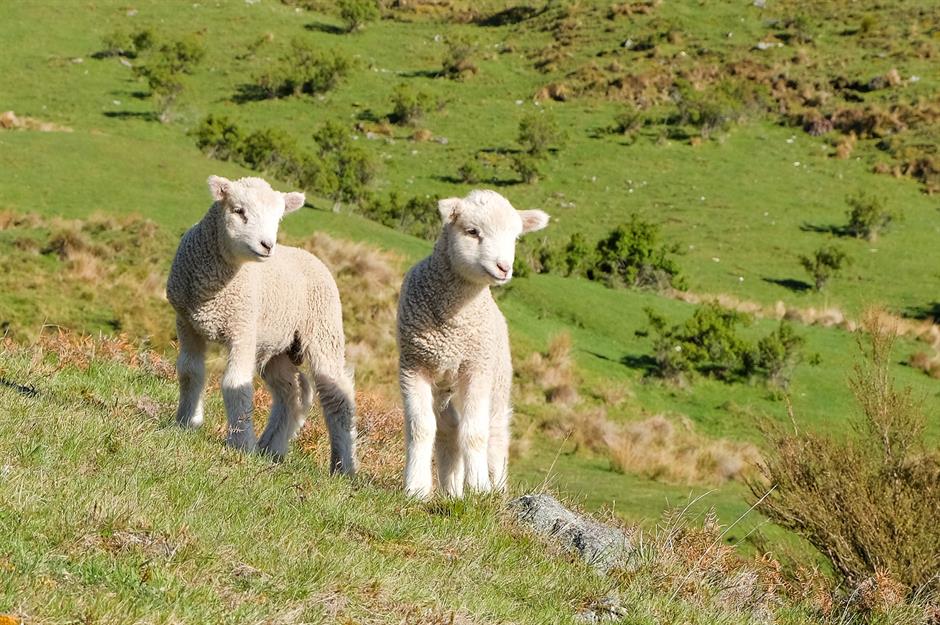
New Zealand's Department of Trade and Industry turned to good old-fashioned bartering in 1982 when it clinched a $150 million deal with Iran to supply the Middle Eastern country with lamb, which was exchanged for oil. That's the equivalent of a $494 million (£395m) deal in today's money.
Sponsored Content
Dairy products for bauxite
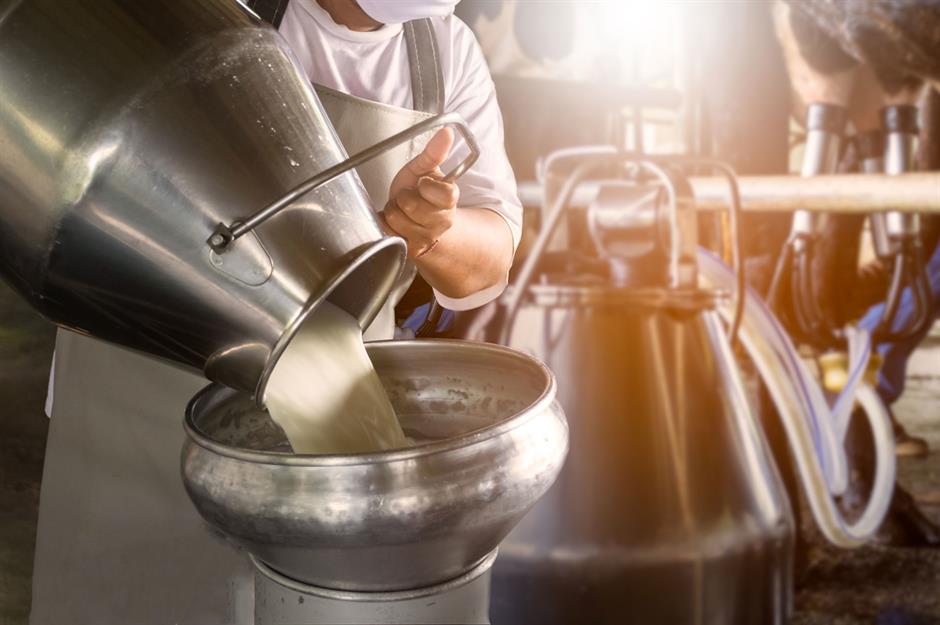
Between 1982 and 1984 the USA swapped thousands of tons of surplus dairy products and other foodstuffs for large quantities of Jamaican bauxite. The rock, which has a high aluminium content, was added to America's National Defense Stockpile.
Lada cars for bauxite
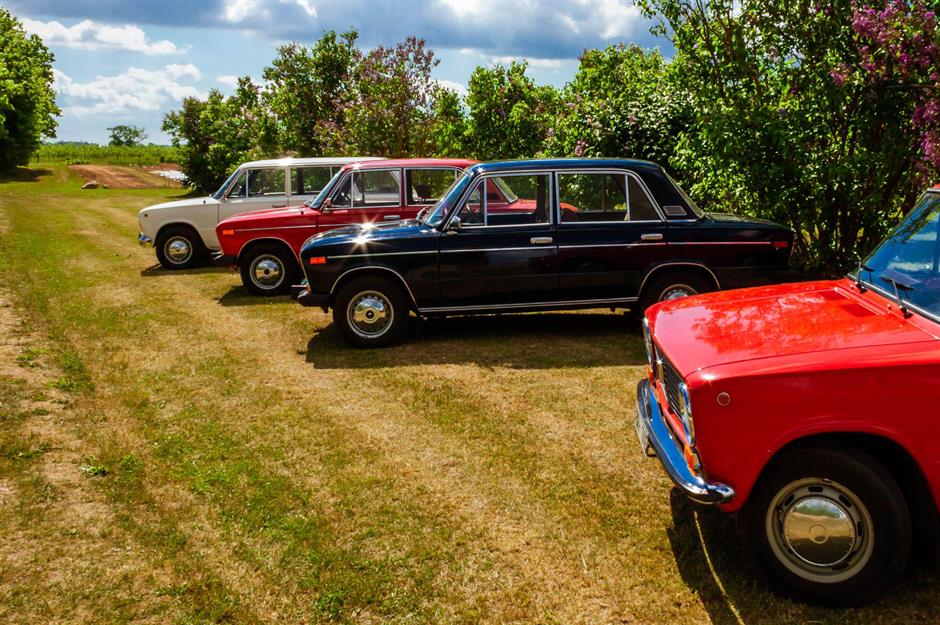
Not ones to miss a trick when it came to countertrading, the Soviets got in the act yet again during the early 1980s by concluding a deal with Jamaica to acquire bauxite ore in exchange for Lada cars, which were a relatively common sight in the Caribbean country back in the day.
Oil for sugar and Volkswagen assembly kits
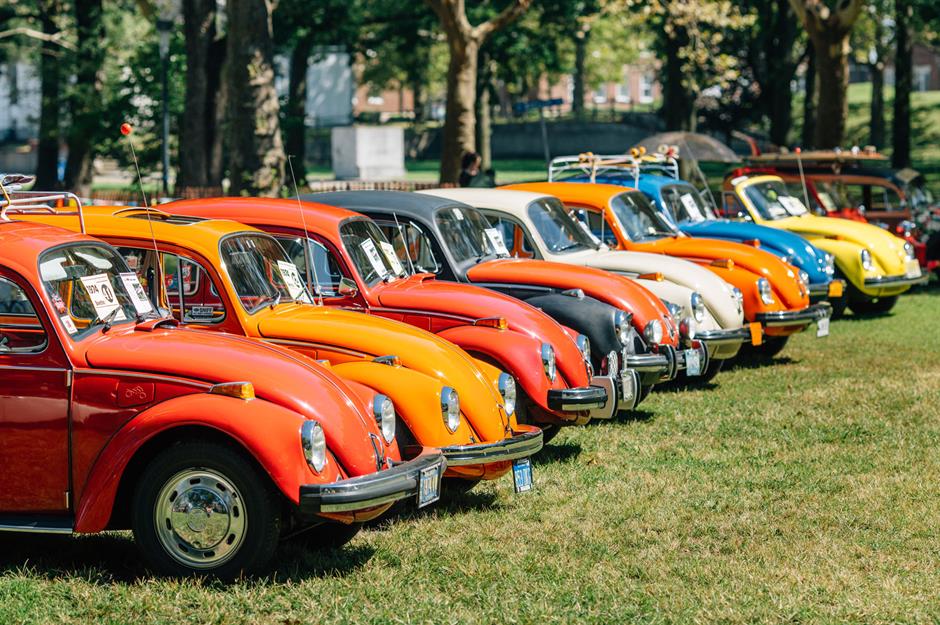
A nation that' big on bartering, Nigeria offloaded a hefty $500 million worth of oil to Brazil in 1985, the equivalent of almost $1.5 billion (£1.2bn) in today's money. In return, the South American country sent 250,000 tons of sugar and 500,000 Volkswagen assembly kits.
Sponsored Content
Lamb for heavy industrial equipment
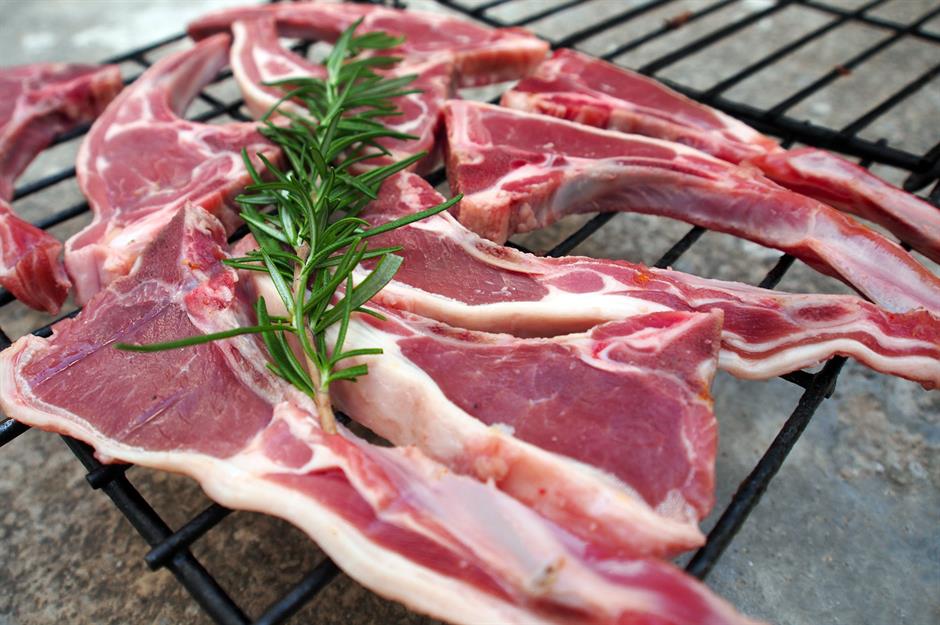
Also in 1985, the New Zealand Meat Board embraced countertrading in a major way by signing a deal with Poland, which at this time was under communist control, to barter lamb for heavy industrial equipment.
Tobacco for PCs
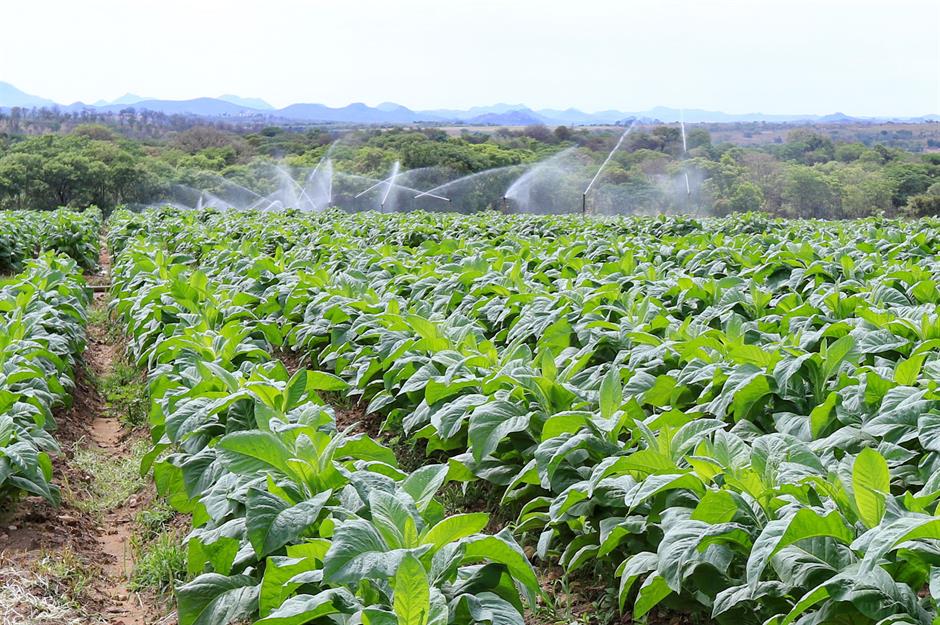
Zimbabwe has long been one of the world's leading tobacco producers and is among the most countertrade-friendly countries on the planet. In 1987, the African nation traded the cash crop for Bulgarian Isotimpex computers.
Tobacco for combine harvesters
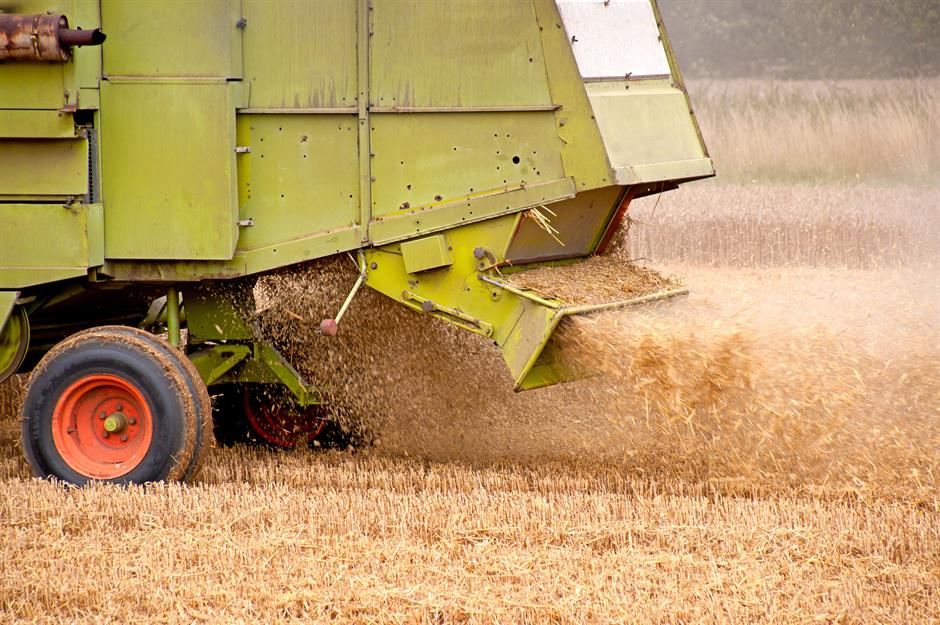
That same year, Zimbabwe entered into a bartering arrangement with East Germany, which exported combine harvesters to the African country in exchange for large quantities of tobacco leaves.
Sponsored Content
Asbestos for three-wheel scooters
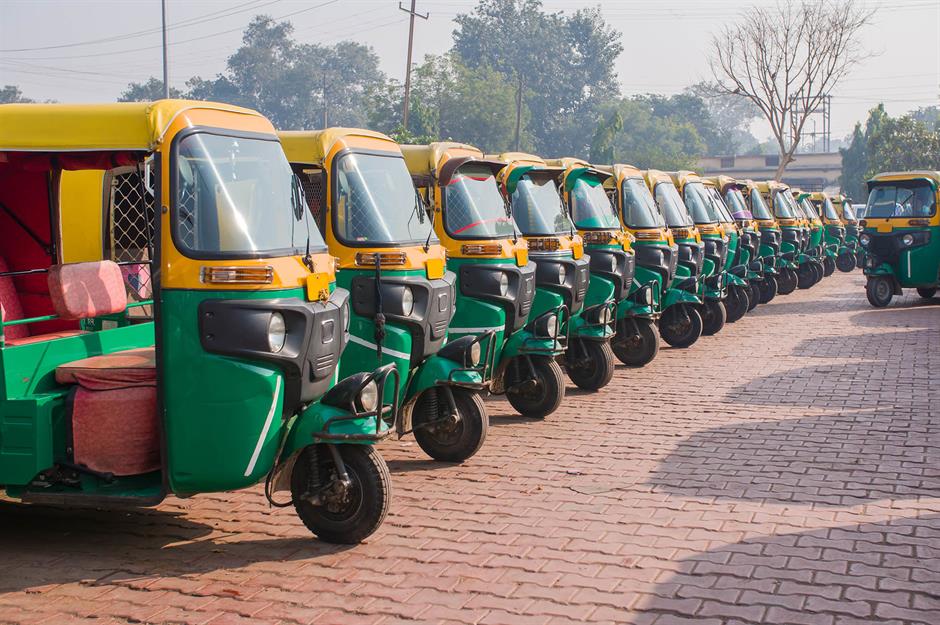
Staying in 1987, Zimbabwe swapped asbestos for Indian three-wheel scooters, as well as other items, including paper, photocopiers, sewing machines and TV sets. While the cancer-causing substance was banned in India in 2011, it continues to be imported and used in insulation, roofing materials and brake linings.
Scrap iron for trains
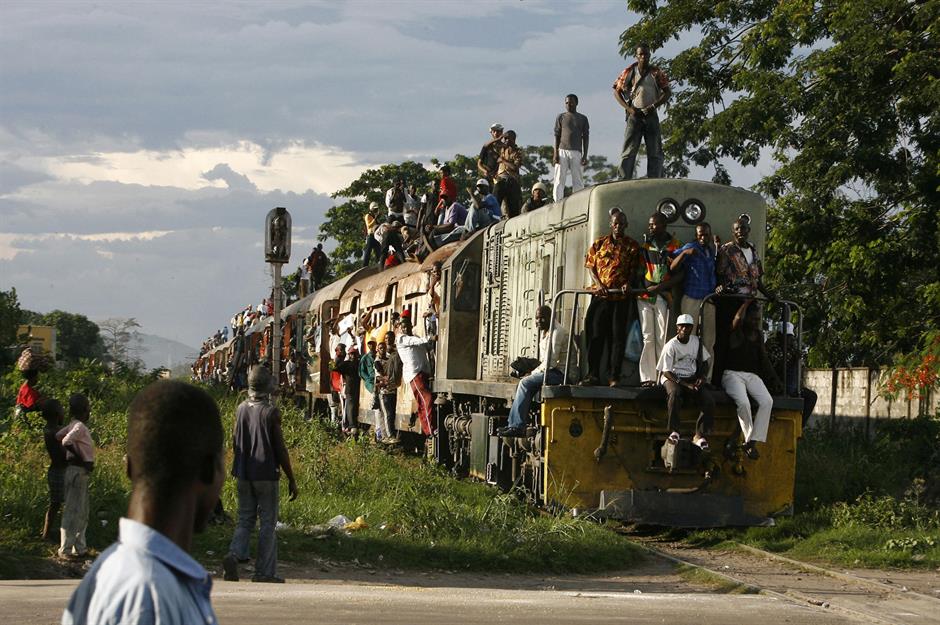
The government of Zaire, known as the Democratic Republic of the Congo since 1997, put its ample reserves of scrap iron to excellent use in 1989 by swapping a sizeable batch of the spent metal for 12 Italian-manufactured locomotives, which ended up running on the country's state-owned railway.
Pepsi for Soviet warships
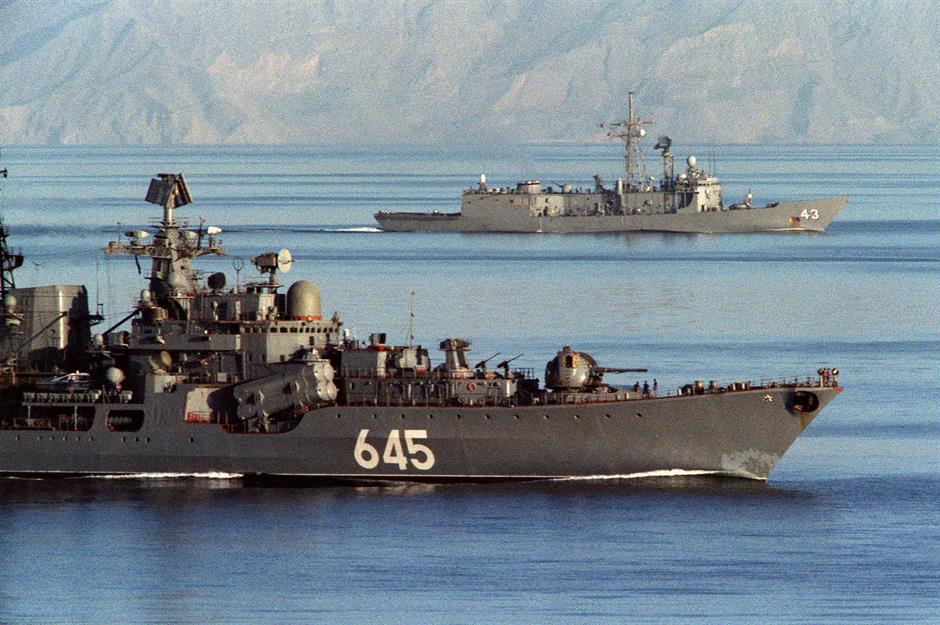
Seasoned barterer PepsiCo went all out in 1990 when it finalised a $3 billion deal, worth around $7.3 billion (£5.8bn) today, with the USSR to swap Pepsi concentrate for vodka and, believe it or not, 10 tankers and freighters, which it planned to lease and sell overseas. The so-called deal of the century was the biggest a US company ever signed with the Soviets.
Sponsored Content
Frozen fish for freezers
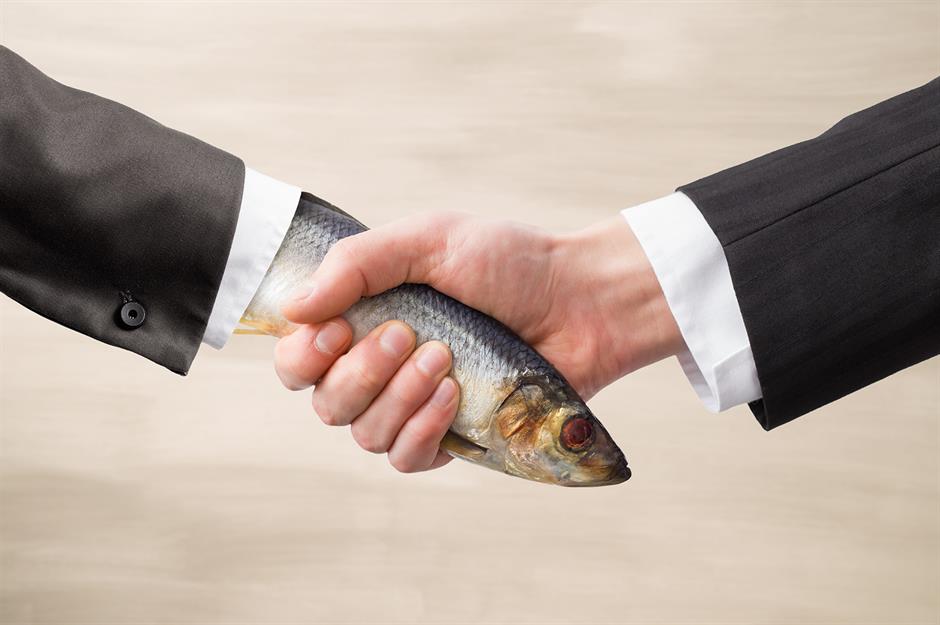
Presumably short of equipment to freeze its catches, Tunisian fishing company CNP hooked up with the Algerian state-owned refrigeration firm Enafroid in 1991 to barter frozen fish for freezing technology.
Frankincense for tea
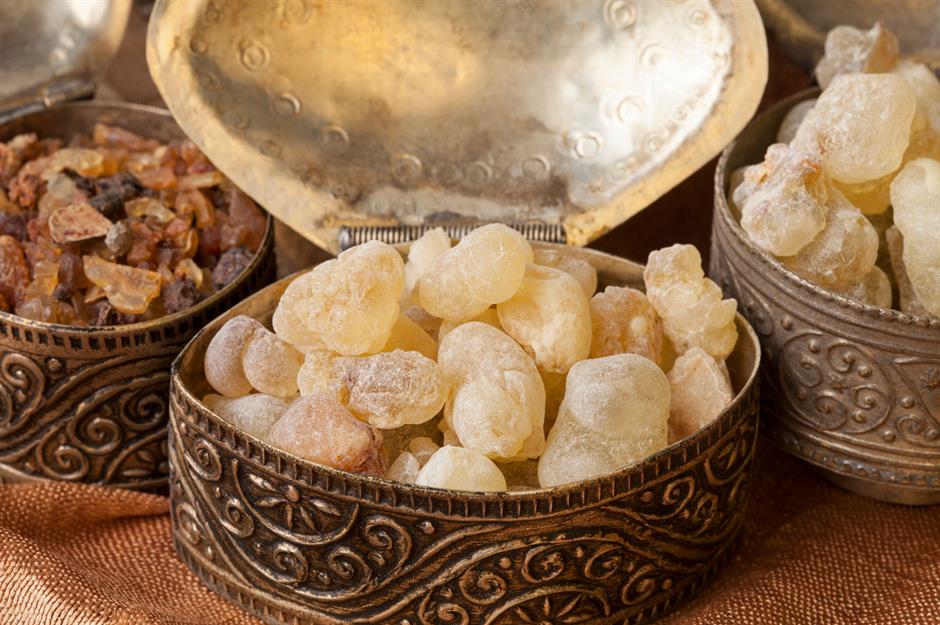
As a condition of a countertrade deal arranged in 1991, Sudan agreed to supply China with aromatic frankincense in exchange for a variety of commodities, including tea.
Palm oil for fighter jets
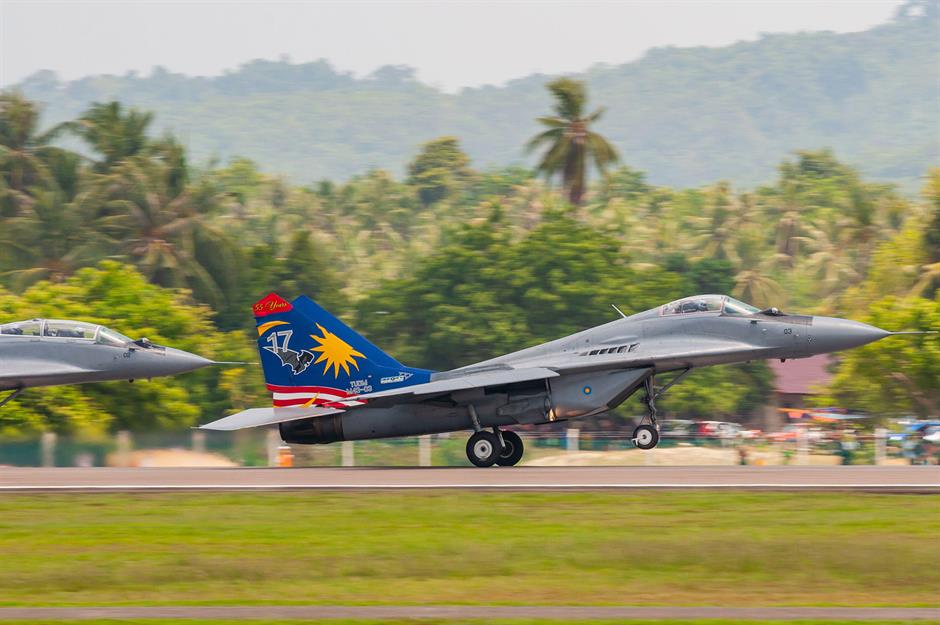
The Malaysian government came up with a novel way to help pay for 18 Russian MiG-29 fighter jets back in 1994. The cash-strapped southeast Asian country brokered a deal with Russia worth $550 million (the equivalent of $1.2bn/£960m today), settling almost 20% of the bill with refined palm oil.
Sponsored Content
Sticky rice for cargo planes
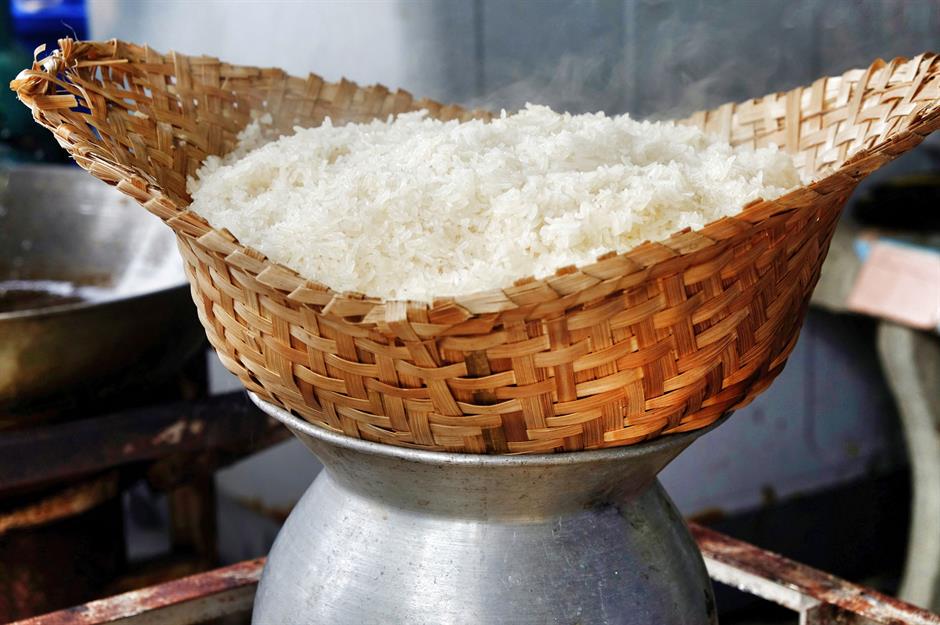
A super-popular foodstuff throughout Asia, sticky rice from Thailand took the place of hard currency in a major aircraft deal back in 1996 when Indonesian aviation company Industri Pesawat Terbang Nusantara (IPTN) traded two of its cargo planes for 110,000 tonnes of the glutinous grain.
Natural gas for free passage
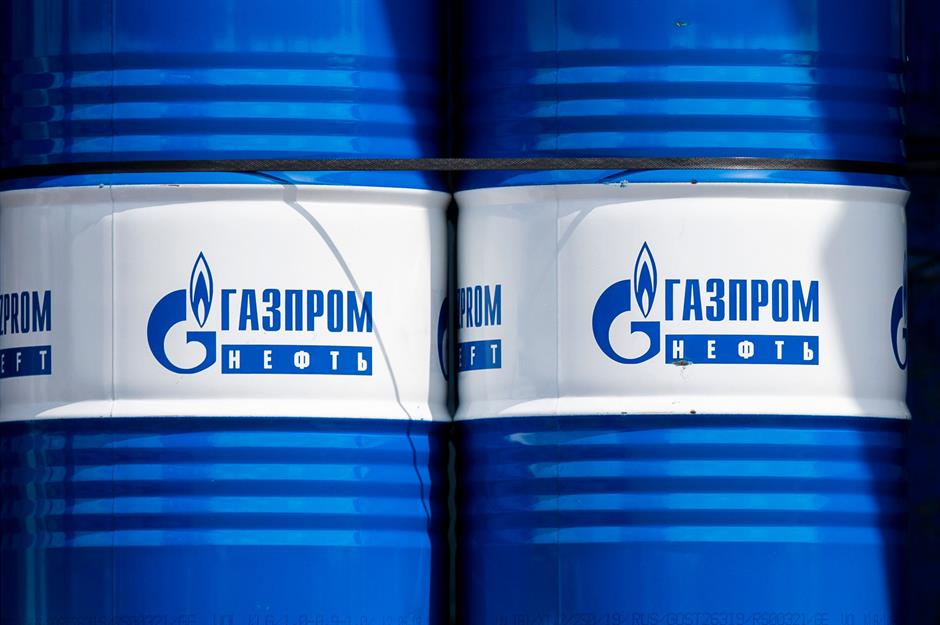
In 1998, Bulgaria permitted goods destined for Russia to pass through its territory from countries including Greece, Macedonia and Turkey. In exchange, the country received free natural gas from the Russian state-owned energy company Gazprom.
Oil for doctors
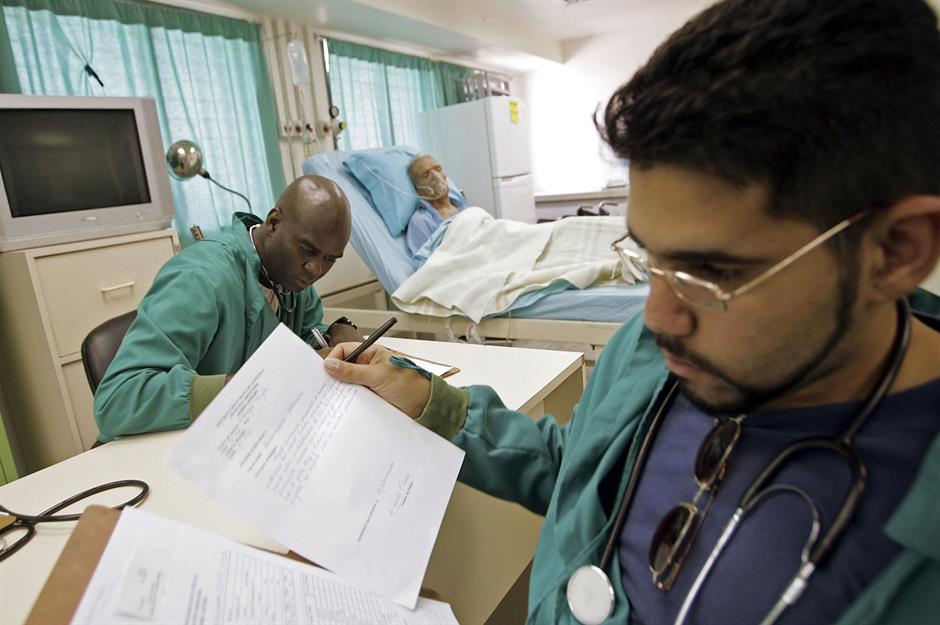
In 1999, Venezuela's left-wing president Hugo Chávez signed a deal with the leader of communist Cuba, Fidel Castro, to supply the Caribbean island nation with 100,000 barrels of crude oil a day in exchange for 20,000 Cuban doctors and other professionals, who decamped to work in the South American country.
Sponsored Content
Frozen chicken for fighter jets
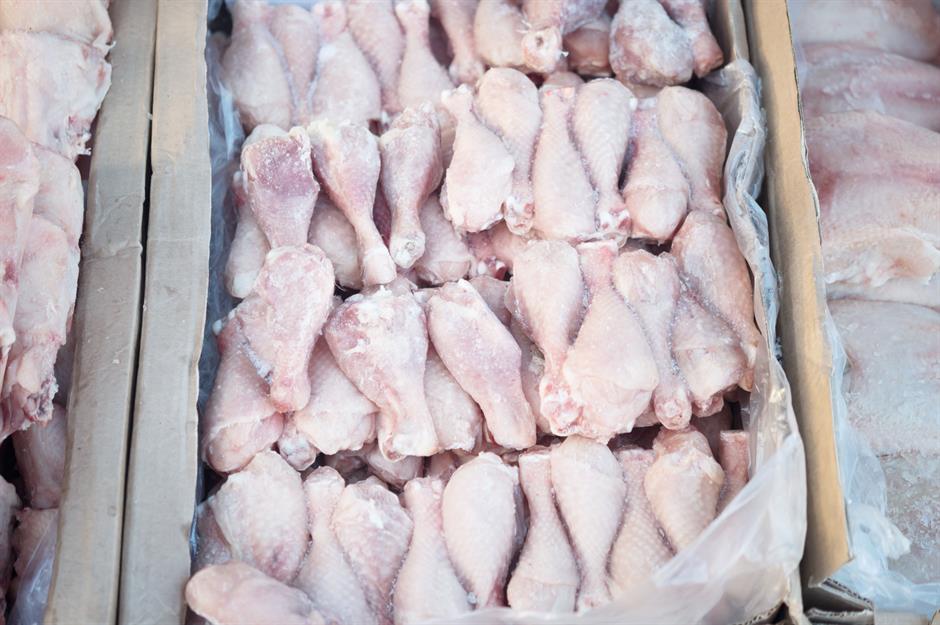
The Thai government worked out a deal with Lockheed Martin in 2005 to swap thousands of tons of chicken for a number of F16 fighter jets. Commenting on the exchange, the then-Thai defence minister Thammarak Isarangura quipped, “they both have wings and they can both fly”. Unfortunately a coup in Thailand the following year scuppered the arrangement.
Copper and cobalt for railways and hospitals
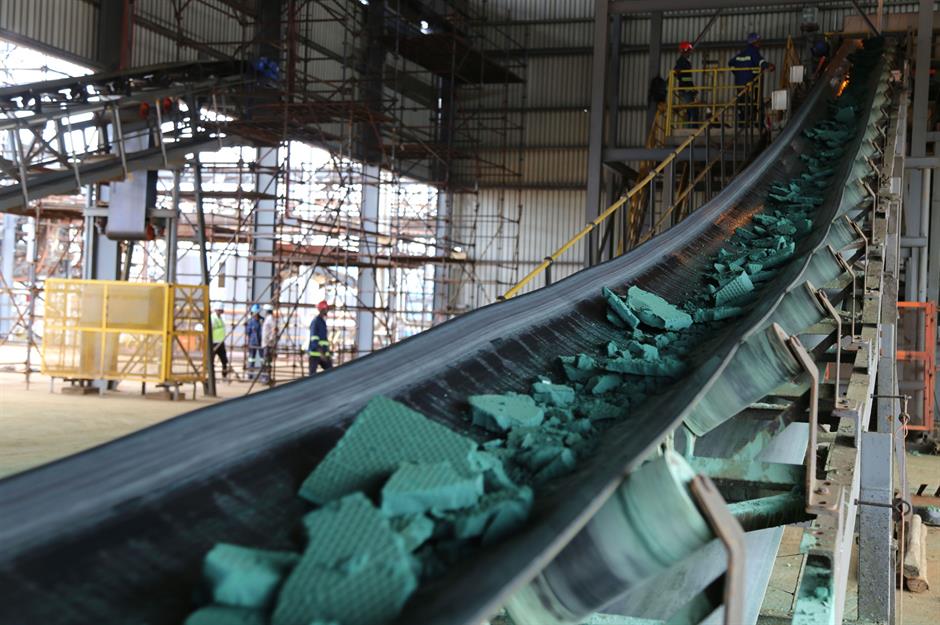
In 2008, the Democratic Republic of Congo (formerly Zaire) teamed up with the China Railway Engineering Corporation to wrap up a mega countertrade deal worth $9 billion, the equivalent of $13.3 billion (£10.6bn) today. In exchange for colossal quantities of cobalt and copper, the Chinese state-owned company agreed to construct miles of railways and roads and scores of hospitals.
Palm oil and coffee for fighter jets
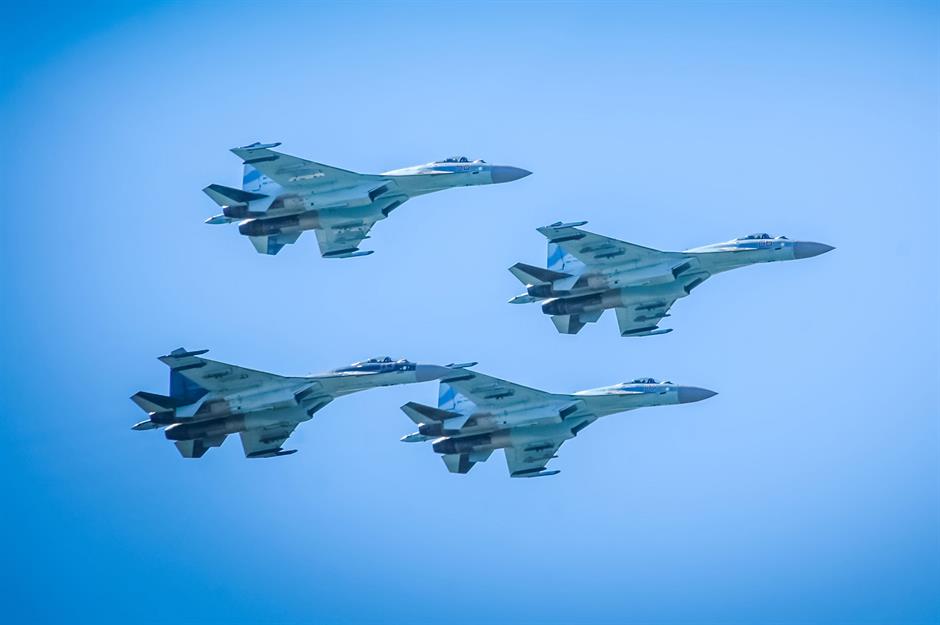
Mirroring the deal struck between Malaysia and Russia in 1994, the government of Indonesia announced in 2017 that it would exchange palm oil, coffee and other commodities for 11 Russian Sukhoi Su-35 fighter jets. Such an arrangement has been seen as a way to get around the trade sanctions imposed by the US against Russia, Iran, Venezuela and other countries who work with them.
Sponsored Content
800 mackerel for 12 puffins
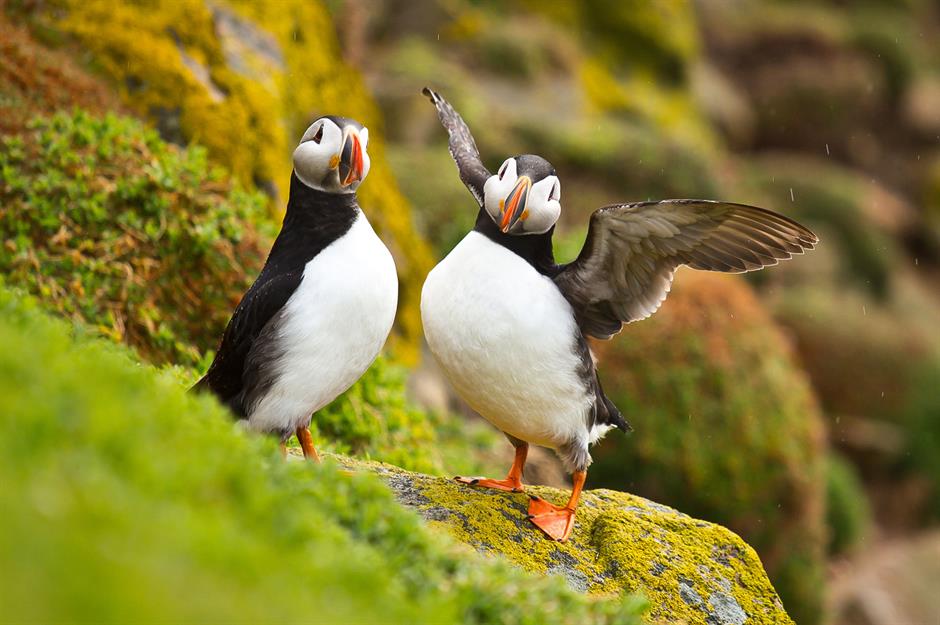
Zoos in the US are prohibited from buying or selling endangered animals without a hard-to-obtain permit. However, a loophole in the law effectively allows them to exchange protected species without a permit, leading to some bizarre deals. The New England Aquarium, for instance, once swapped 800 mackerel for a dozen puffins.
Now discover the world's richest countries in 2025, ranked
Comments
Be the first to comment
Do you want to comment on this article? You need to be signed in for this feature